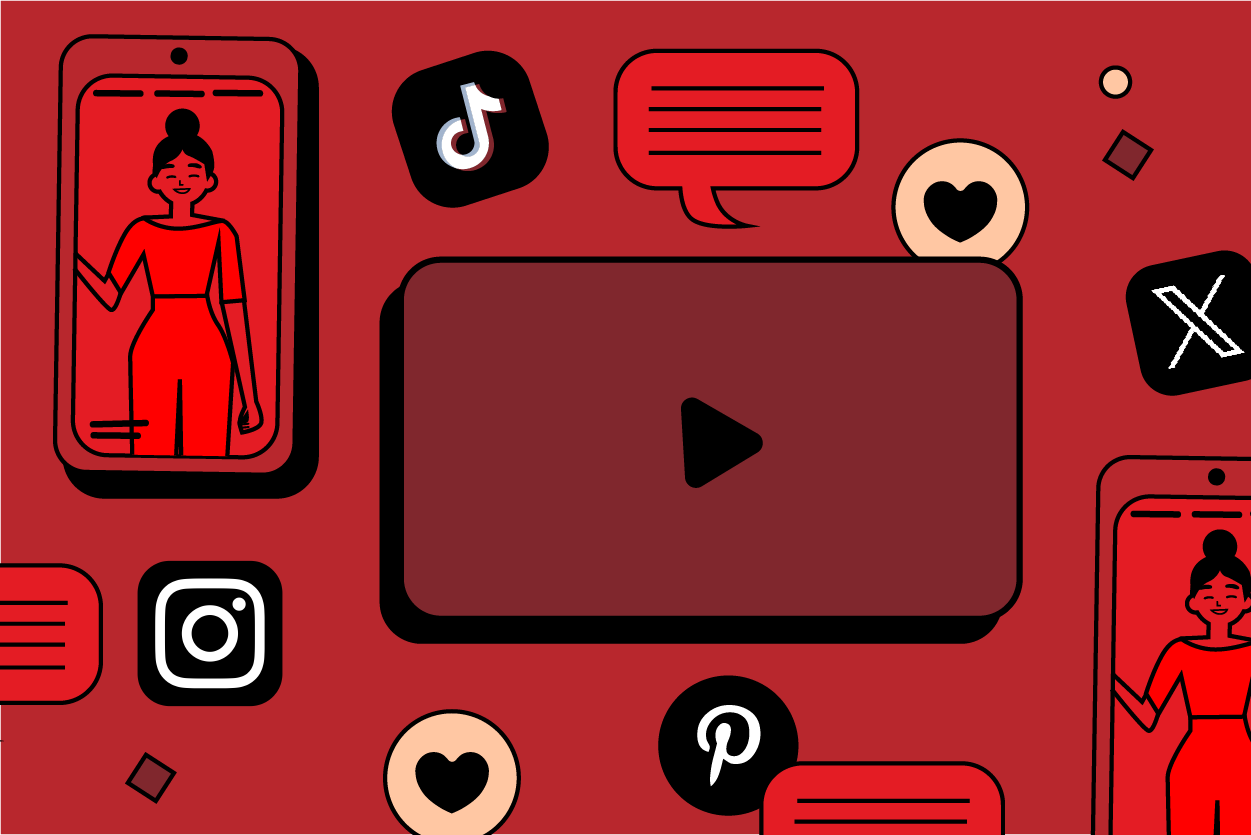The online journalism industry has been changing at a rapid pace. Artificial intelligence, new social media networks, and the proliferation of misinformation have made publishers, both established and emerging, act accordingly. These often result in major pushes towards specific demographics, and none are perhaps more valuable at the moment than Gen Z. The current generation of teens and young adults are faced with more immediate information and news than ever before. As such, cutting through the noise and appealing to them directly is important.
However, while starting a TikTok account and sharing memes could result in immediate short-term results, the long-term ones are more important. Unfortunately, many publications find themselves unable to retain Gen Z readership after piquing an initial spike in interest. In order to avoid this, publishers need to do their media research and use their findings to their advantage.
Entice readers with bite-sized facts on social media
According to Deloitte, approximately 84% of Gen Z (a combined percentage from Gen Z teens and Gen Z adults) get their news on some form of social media. This is a staggering statistic given how prolific and normalized social media usage has become over the past decade. It is also crucial for publishers to understand that with this specific demographic – if you want Gen Z to stay on your website, you need to reach out to them on social media.
In order to do that, publishers need to rethink their social media strategy. Many will simply post an excerpt and link to an article, expecting instant clicks. However, since Gen Z largely get their facts and knowledge about the world on social media, they need to be drawn in. Creating infographics for Instagram detailing significant parts of your articles can hook people into visiting your website and learning more. You can also break down important elements of the article in a TikTok video that links back to your website.
Podcasts give a voice to reporting
One interesting tidbit to keep in mind about Gen Z is how largely adept they are about finding the full story. A recent FIPP report found that people in this age group are more keen to find the complete story on a trending topic or piece of news in order to avoid misinformation. According to Insider Intelligence, Gen Z also finds themselves listening to podcasts to keep up with new or developing topics. One look at Spotify’s Podcast Charts solidifies this: current affairs and commentary programs dominate across all political affiliations. However, among the most popular are round-up podcasts from notable publications, such as The New York Times’ The Daily and NPR’s Up First.
If your publication has or wants a podcast, adapting parts of a story into a segment or episode could be a great way to keep readers coming back. Having someone, especially the article’s author, break down important parts of a trending story in their own words will complement what your organization has published. It also serves as a way to cross-promote your articles and website. If you encourage listeners to read the article that a podcast segment or episode is inspired by, you could create a reader for life.
Accessibility to important stories is key
Journalism is in a bit of a tricky spot when it comes to funding. In times where ambitious start-ups like The Messenger close due to overspending, it might seem necessary to ask for readers' monetary support. This often comes in the form of subscriptions that unlock a publication’s full library of work. While well-intentioned, this could lead to important reports and news stories being locked behind a paywall.
Gen Z are willing to pay for such subscriptions, but not necessarily with major publications. Rather, the American Press Institute found in a study that Gen Z are more likely to subscribe to independent journalists rather than organizations. Thus, it’s more important than ever for publishers to have their most important stories available for all readers, regardless of their subscription status. This builds trust between both new and returning readers, and establishes your website as one that won’t hide crucial information on ongoing world events behind a subscription fee.


